MedMal Trial Could Head To SCOTUS
Are you allowed to sue a nursing home? Yes. Are you allowed to sue a federally-operated nursing home? Maybe not. The U.S. Supreme Court has been asked to hear a case that was decided on behalf of a plaintiff who alleged that a loved one died in the care of a government-operated nursing home. The appeals court issued a ruling against a defense motion to dismiss the case. The matter does not come down to whether or not the nursing home committed any form of negligence, it comes down to whether or not a U.S. citizen has the right to sue a government-operated nursing home under a specific law.
Unlike most medical malpractice lawsuits, this lawsuit is filed under the Nursing Home Reform Act of 1987. The act lays out the minimum standards of care for nursing homes. The major stick that the government uses to enforce this act is the revocation of Medicare and Medicaid insurance for the facility. If a facility were to lose its public insurance, the facility would no longer be economically viable. So, it’s a pretty big stick. Nonetheless, enforcement under the NHRA has been sporadic at best. Since states are required to monitor and enforce the rules, the act has not been a major player in creating necessary reforms.
An Indiana problem
Roughly half of Indiana’s nursing homes are federally-funded. Government-owned nursing homes rake in millions each year off of government funding, much higher than your average privately-owned nursing home. Nonetheless, the government-owned nursing homes tend to underperform their private counterparts even with the extra lucre. If the case is allowed to move forward, plaintiffs would be able to sue the government under civil rights laws extended by the NHRA. This could potentially expose these government nursing homes to much larger liability than they would be exposed to if they were sued under state medical malpractice laws. In fact, it would be a way for plaintiffs to entirely circumvent state laws on medical malpractice lawsuits. But it would only work for those in government-operated nursing homes.
The nursing homes, obviously, want to avoid liability under civil rights violations because they could potentially lose a lot more money than they would in a medical malpractice lawsuit. In Virginia, there are damage caps on medical malpractice lawsuits and they require expert witnesses to pursue. They are costly. Civil rights attorneys routinely extract attorney’s fees from their settlement awards and plaintiffs are entitled to substantial pain and suffering damages.
Two federal courts have already sided with patients. Now, the nursing home consortium of Indiana wants the Supreme Court to hear the case. Thus far, they have not agreed, but that could change. Private nursing homes would not be impacted by the ruling.
Talk to a Charlottesville, VA Medical Malpractice Attorney
MichieHamlett files medical malpractice lawsuits on behalf of injured patients. Call our Charlottesville medical malpractice attorneys today to set up a free consultation and we can begin discussing your options immediately.
